A Teen’s Perspective on Recycling
A Teen’s Perspective on Recycling
Written By
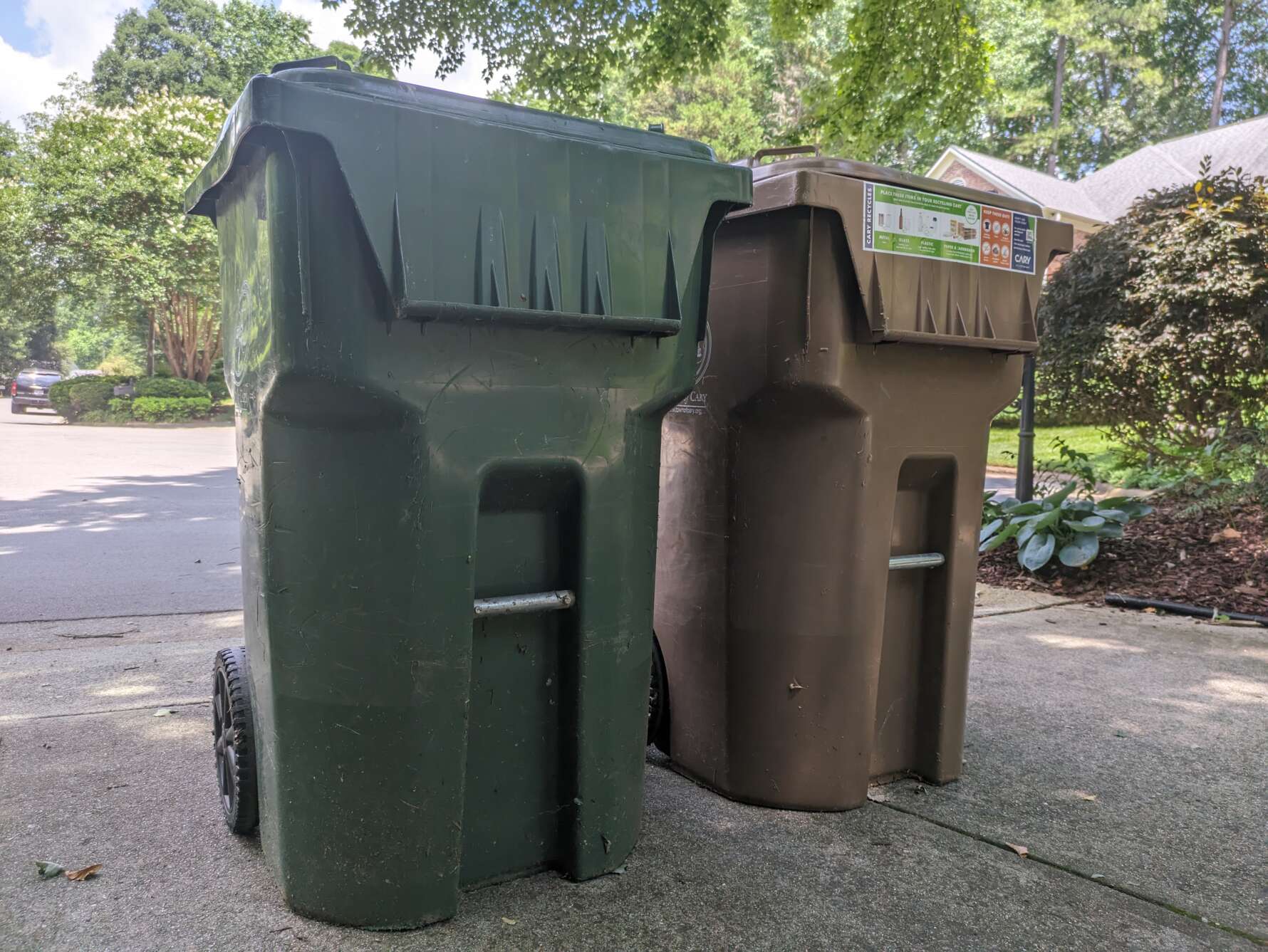
As an 11th grade student at Raleigh-based public school Athens Drive High School, I’ve learned to acclimate to some strange teenage behaviors and social norms. Yet what has never made sense to me is why most teens don’t seem to care about recycling. It’s one of the cardinal rules of elementary school science class. By the time a child is ten years old, they can usually recite the familiar phrase “Reduce, Reuse, Recycle”. But are we really living up to those principles? Are we taught the proper way to recycle or just that we should do it? To help better explain these behaviors, I turned to my AP Environmental Science teacher, April Jones, who also runs my school’s recycling club.
As Jones puts it, there are two very different sides to the spectrum. Some teens, for instance, are extremely passionate about the importance of recycling, and love to participate in running the school’s program every week. The other side of the spectrum, however, proves to be an entirely different story.
Roaming the halls of a public high school such as Athens Drive, you’ll likely notice the little green recycling bins that overflow with trash. Recycling bins contain food wrappers, takeout containers, old pens and pencils- items that are simply not recyclable. Many of those mistakes likely come from a lack of education on how recycling works. The Recycling Club has made efforts to combat those issues by providing educational posters around the school. However, Jones points out that even many of her Environmental Science students, who she works to educate on recycling correctly, are simply not holding up to those standards. So, besides improper knowledge, is the answer apathy? It may not be that simple.
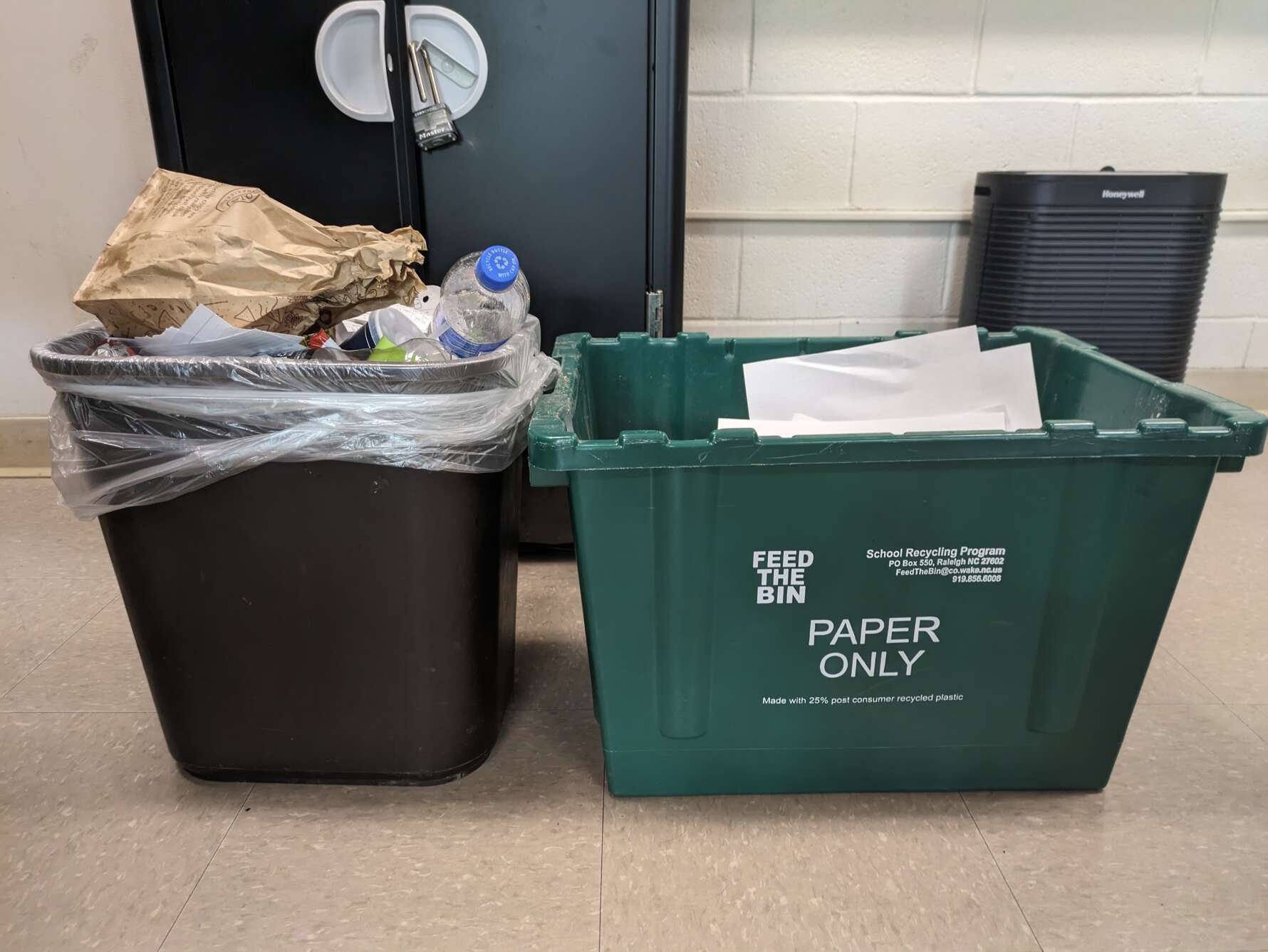
After talking with many different students, it holds true that the reasons for poor recycling habits are complex. Some believe Wake County’s recycling just doesn’t end up being recycled. Why should students care if they believe it all goes into the same landfill at the end of the day?
Another reason for many students opting out of the recycling program lies in the idea that their individual actions don’t matter. For the same reason voter turnout among younger groups is low, many choose inaction because they don’t think their individual efforts will make a difference.
However, the root of all these issues does in fact lie in a lack of education and consistency. Jones points out how for many Wake County residents, our trash cans at home are green, and our recycling bins are brown. All public Wake County schools have bins of opposite colors, the recycling bins being green and the trash cans being brown, so she theorizes many students mix up the two. Other students simply don’t recycle in their homes, so they have trouble figuring out which items go where, making it harder for them to participate in the process at school.
At Athens Drive, poor student recycling habits lead to many issues for the school’s recycling club. Many members have pointed out the issue of having to constantly fish through the bins to retrieve non-recyclable items, slowing down the entire process, and inevitably decreasing the amount of recyclable items because of contamination.
So do Wake County Public School recycling systems need reform? I would argue from my experience: yes. For instance, my school is looking to add stickers on the side of each bin that provide instructions as a part of our STEM academy’s initiative, but not all public schools have the same opportunities. In order to reduce unnecessary waste across the school district, it is important to understand the reasons behind student behaviors so we can work to improve recycling habits. We must build a better mindset for future generations by strengthening recycling education which will ensure Wake County’s future sustainable waste disposal success.



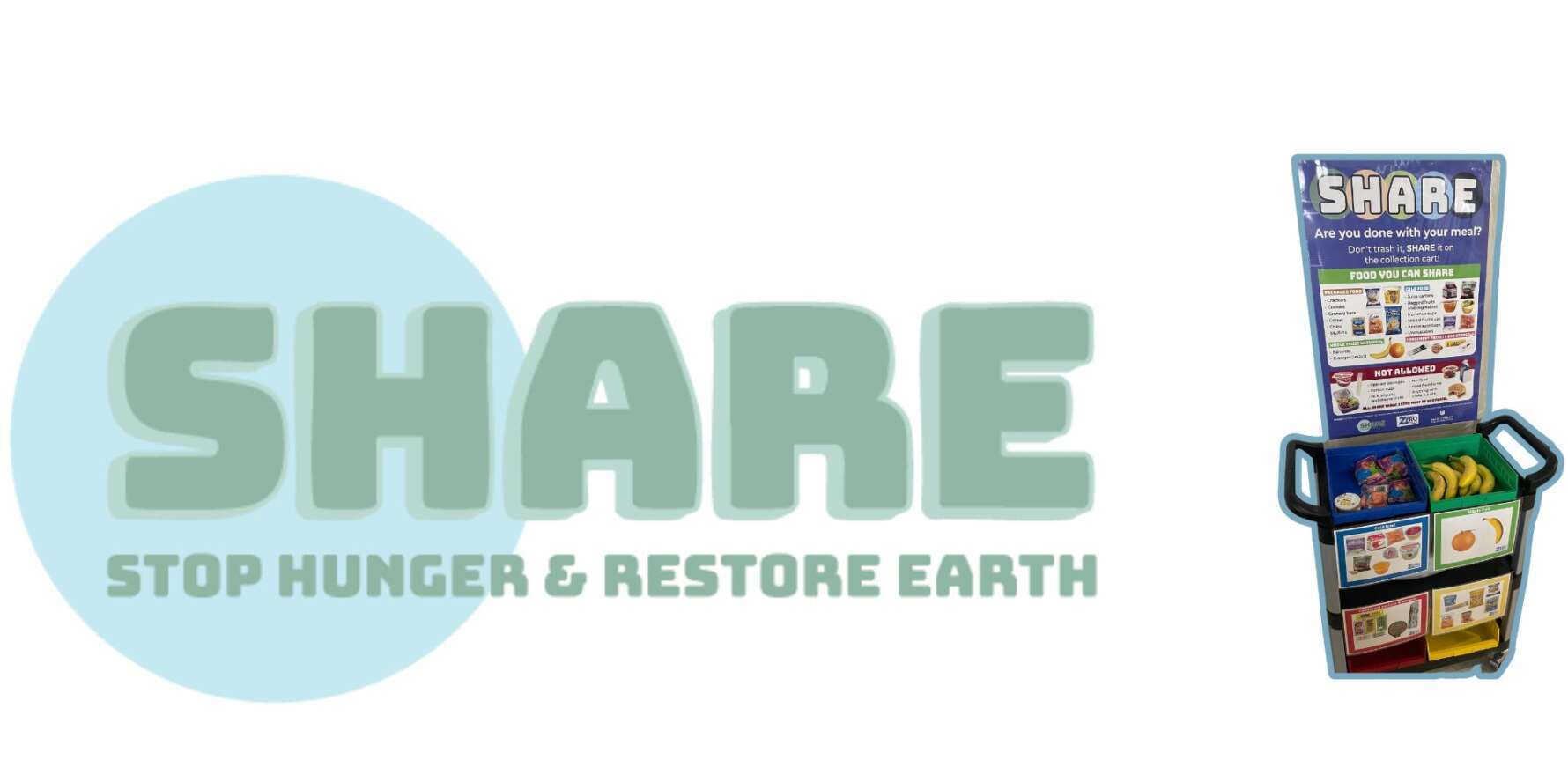
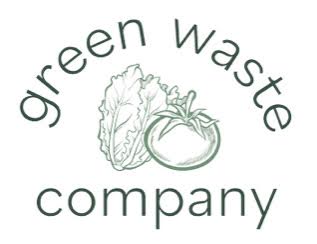

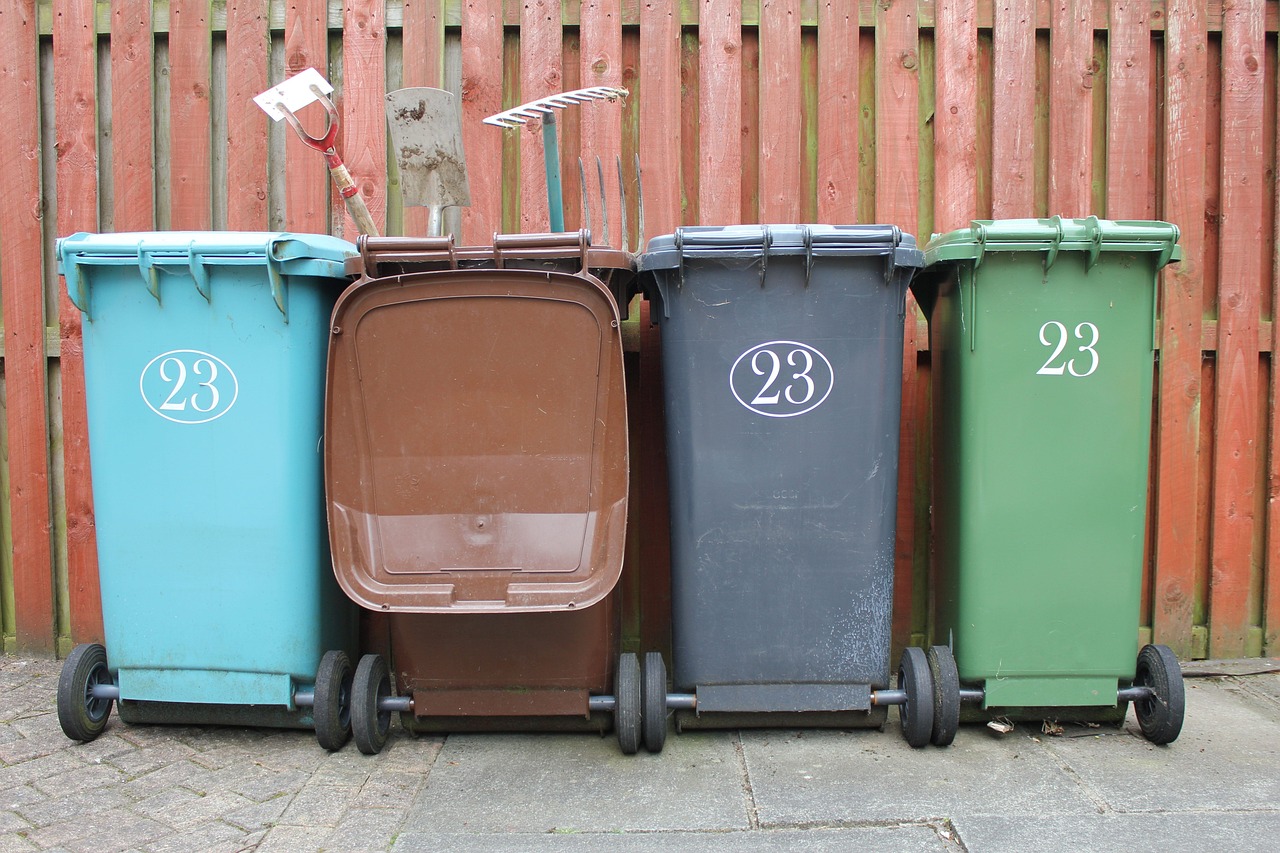
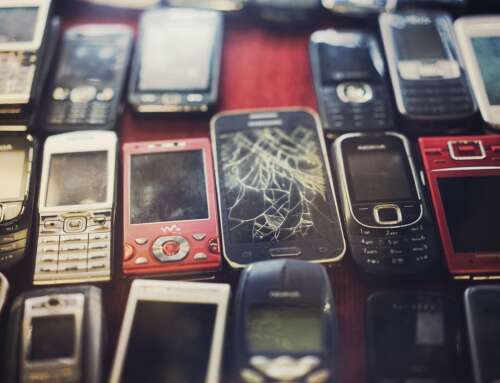
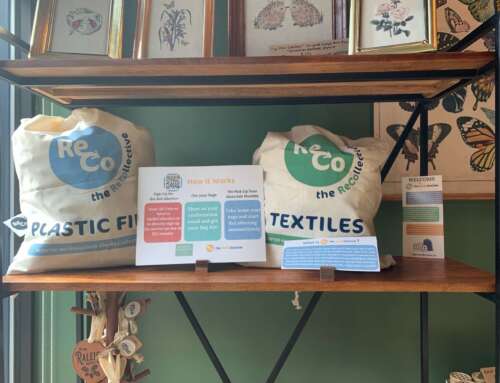
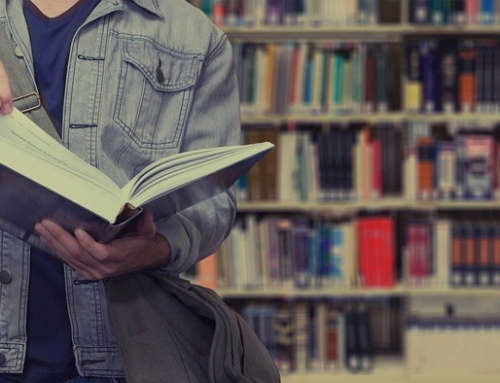
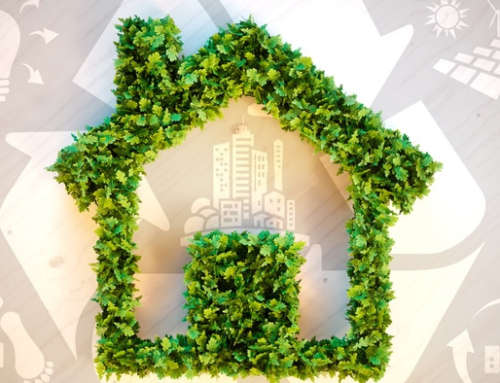




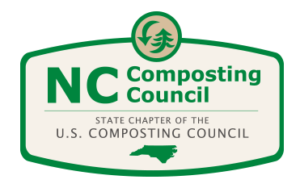
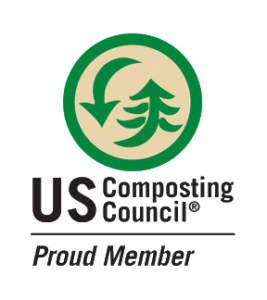
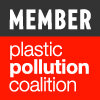


People are creatures of doing the easiest thing possible! One way to help curb so much garbage being put in the recycling bin is to put a lid on it. Keep the garbage can lid free! When I worked in the UCLA dorms, this is what we did! And yes, it really did help!